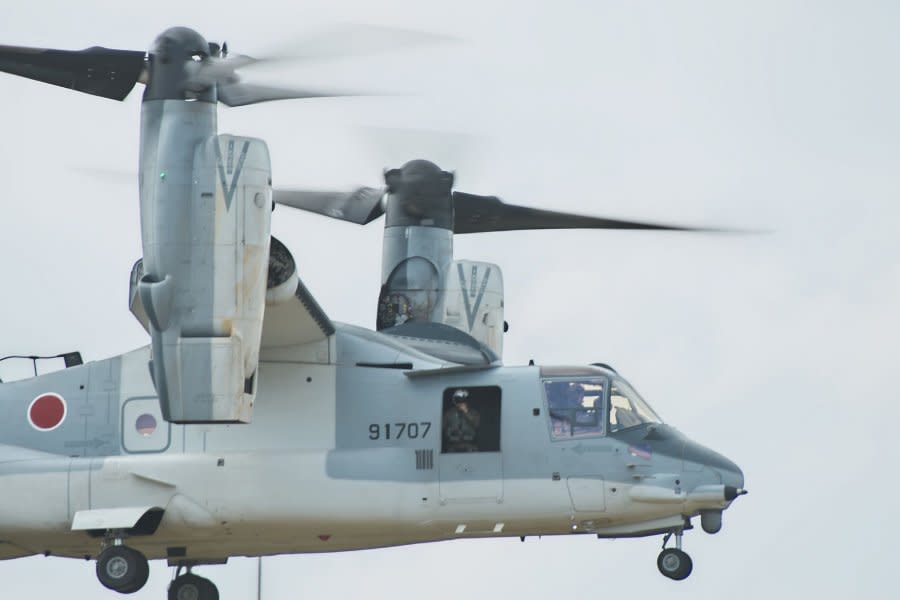Rep. James Comer asks Pentagon for details on grounded Osprey aircraft

- Oops!Something went wrong.Please try again later.
Dec. 21 (UPI) -- Rep. James Comer on Thursday asked the Defense Department to give the House Oversight Committee documents on the Osprey aircraft after a fatal crash late last month.
In a letter to the Pentagon, Comer, R-Ky., wrote that the committee "remains concerned about the safety and performance issues surrounding the Osprey program" as the aircraft remain grounded following the Nov. 29 crash that killed eight crew members.
"It is crucial for the safety of our servicemembers to ensure transparency, accountability, and a thorough understanding of the steps DoD is taking to mitigate any further mechanical risks," he wrote.
Comer noted that more than 50 U.S. troops have died since in Osprey crashes since 1992 caused by reduced visibility, faulty gearboxes and engine failures.
He said while the Osprey, which can take off and land like a helicopter but fly like a fixed-wing airplane, can transport up to 24 special forces members faster and farther than any conventional helicopter, it is riddled with safety concerns.
"The committee recognizes the significant advantages the Osprey can bring to combat," Comer said. "Given the gravity of the loss of servicemembers' lives, increasing costs, and the future economic impact and innovative applications of Osprey program technology, the committee requests documents and information to shed light on aspects of the program's safety and performance."
Following the Nov. 29 crash, the Pentagon grounded its entire fleet of V-22 Osprey aircraft. The aircraft involved in that crash was a CV-22, a variant which is used by the Air Force's Special Operations.
The Air Force initially suspended flights of CV-22s but continued flights of other models as it conducted search and rescue operations for the crew members.
The decision, however, prompted concern from Japan, which urged the United States to halt all Osprey flights.

